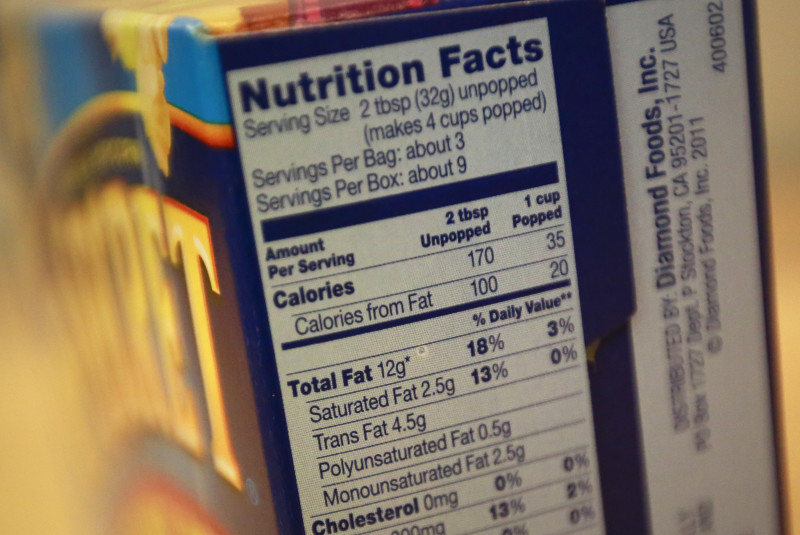The Food and Drug Administration Tuesday announced that food companies have three years to remove all trans fats from processed food. The long-expected move is aimed at making food more healthful.
The FDA says the evidence is clear: Trans fats increase the risk for heart attacks and strokes. And so it has determined that trans fats are not "generally recognized as safe" for use in food anymore. The agency is giving food companies a hard deadline to stop using trans fats in processed foods.
Trans fats were once considered a healthy alternative to ingredients like lard. But evidence has mounted that the opposite is true.
In 2006, the FDA started requiring food companies to disclose the amount of trans fat in processed food. And many food companies stopped using the substance in anticipation of the FDA's ban. The Grocery Manufacturers Association says the food industry has already reduced its use of trans fats by more than 86 percent.
As a result, the amount that people consume has plummeted. Even Crisco is now made without partially hydrogenated oils.
